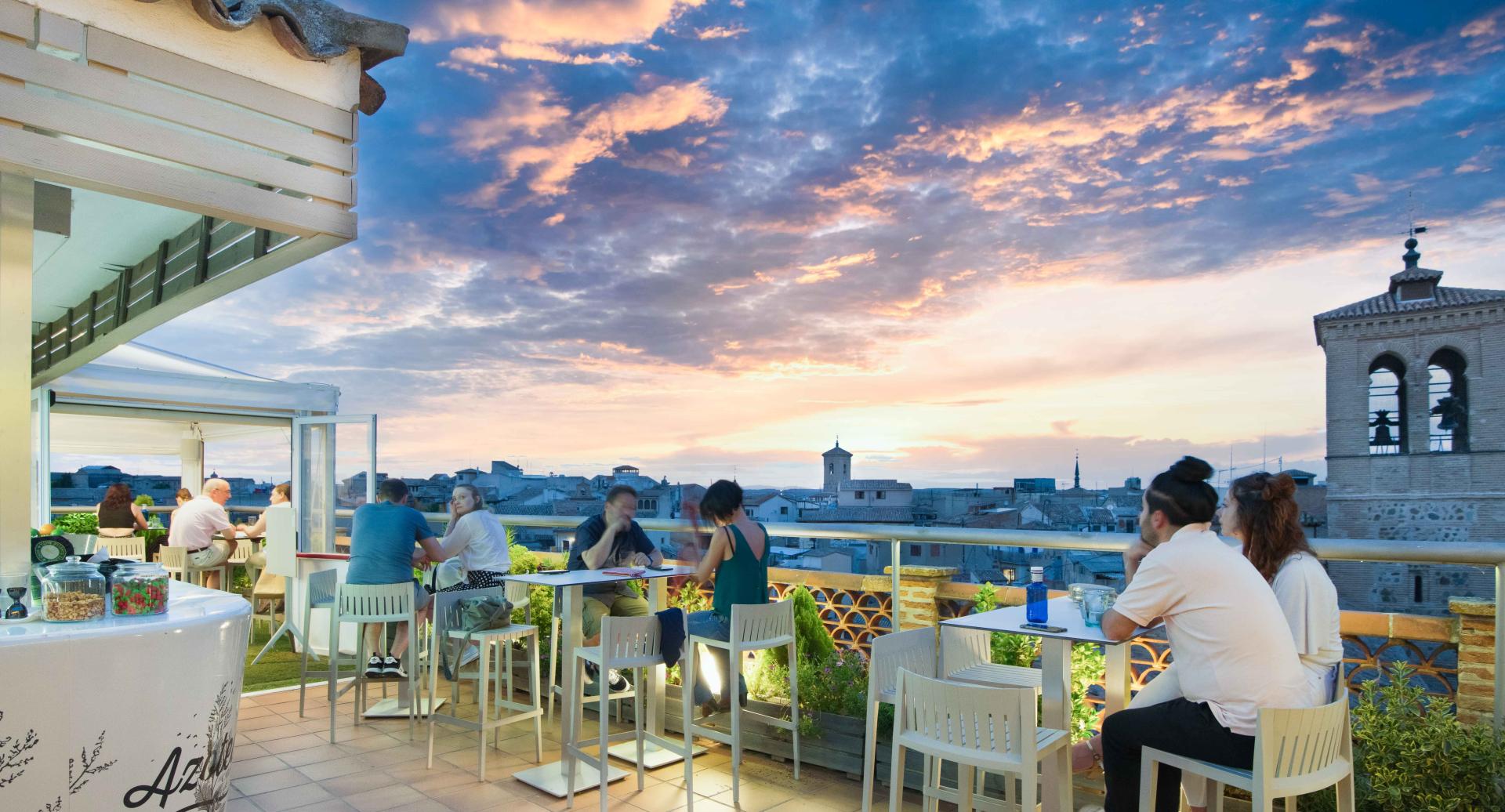Travel to magical Spain
To introduce yourself to esoteric Spain, you do not have to read the never-ending Gargoris and Habidis by Fernando Sánchez Dragó. All you have to do is come to the Museum of Magical Spain (Museo de la España Mágica) in Toledo and, for just 2 euros, you can access a “fantastic voyage to the sacred and profane”, with the added plus of its location: an Islamic cave from the 10th century.
